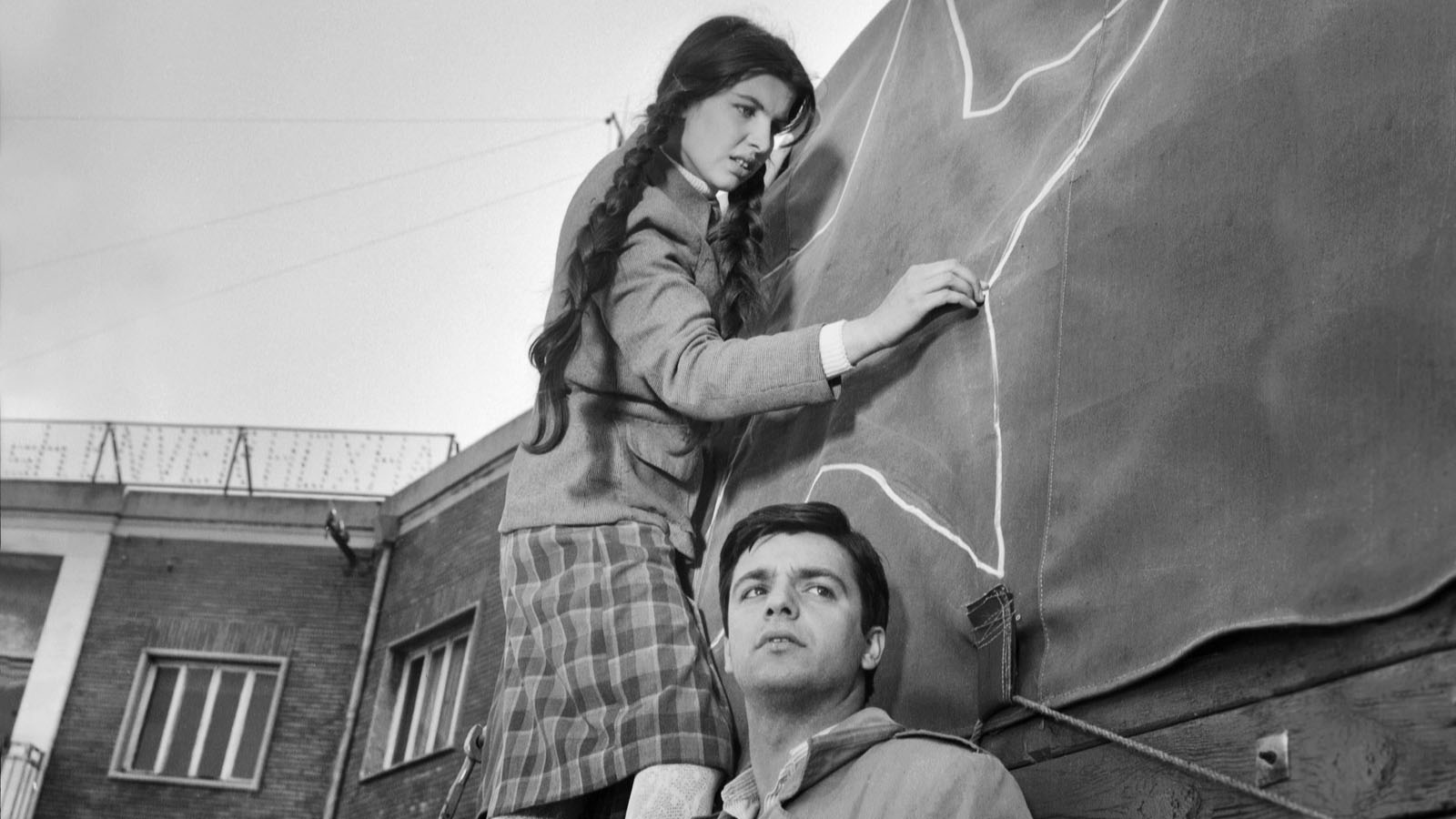O partigiano! Viennale 2019

Michael Loebenstein, the director of the Austrian Film Museum, and Jurij Meden, who oversees the museum’s programming, have an agenda. They lay it out plainly in their introduction to O partigiano! Pan-European Partisan Film, a series opening tomorrow in Vienna and running through December 4. “Eighty years after the start of the war that spawned the genre of partisan cinema,” they write, “we find ourselves sliding towards stupefaction and a revisionism of the basic civilizational values we have been taking for granted in the decades following World War II and the victory over fascism.”
The series naturally features such classics as Roberto Rossellini’s Rome Open City (1945), Andrzej Wajda’s Kanal (1957), and Elem Klimov’s Come and See (1985), but the bulk of the program is made up of films that will be screening for the first time outside of the countries in which they were made. And most of those countries were on the eastern side of the Iron Curtain during the Cold War. Loebenstein and Meden suggest that, as “the defining genre of the socialist film industry,” partisan cinema, which more often than not depicted guerrilla insurgents as heroes, played a role similar to that of the western. To the extent that they were “whitewashing” history, both genres stirred patriotic fervor. Accompanying the retrospective is a new book with texts on every film in the series as well as a selection of partisan poetry.
O partigiano! is copresented by the Viennale, which opens tonight with Céline Sciamma’s Portrait of a Lady on Fire. Many of the over three hundred films screening through November 6 are, like Portrait, festival favorites of the year so far. But the festival will also present a “roadmap” of Brazilian cinema and a series of films by Louise Kolm-Fleck, who “introduced specifically female perspectives to the cinema of the silent-film era.” There are also four programs dedicated to individual filmmakers—essay films by Portuguese director Sílvia das Fadas, five features by Tunisian filmmaker Ala Eddine Slim, a survey of the work of filmmaker and poet “but mainly farmer and cattle breeder” Pierre Creton, and another program focusing on Angela Schanelec.
The Notebook has posted a text from the first edition of Textur, a series of monographs to be published by the Viennale, in which filmmaker Dane Komljen (All the Cities of the North) writes about Afternoon (2007). “One of Schanelec’s many achievements is how she renders family structures uncertain,” he writes. “This is not, then, a film about relations, but about the singularity of everything and everyone. It is also a film about how these singularities coexist. It contains some of most tender pans in cinema, where each person is given a space, a duration, and is allowed to be, even as the frame keeps moving to reveal that someone else is witnessing the same moment.”
The trailer for the fifty-seventh edition of the Viennale comes from Lucrecia Martel.
For news and items of interest throughout the day, every day, follow @CriterionDaily.



